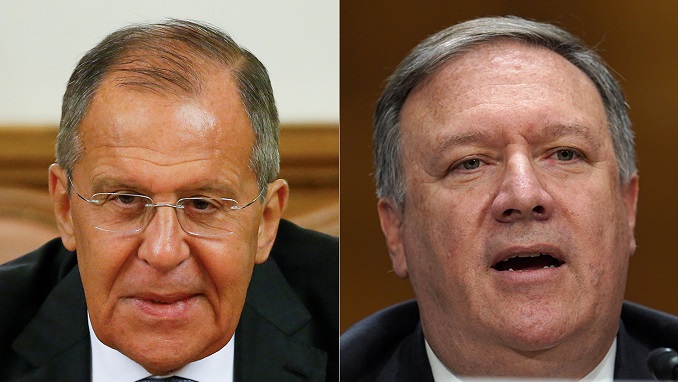The European Media Freedom Act, a revolutionary set of regulations aimed at protecting media pluralism and independence in the European Union (EU), was approved by the European Commission (EC) on Friday, the Commission announced via press release.
With the proposed Regulation, the EC seeks to protect media against political meddling in editorial judgments and against spying, among other things.
The European Media Freedom Act emphasizes the autonomy and consistent support of public service media, as well as the openness of media ownership and the distribution of government advertising.
The Act outlines procedures for preserving editors’ impartiality and disclosing conflicts of interest. The Act would also address the problem of media concentrations by establishing a new independent European Board for Media Services, the Commission said, which will be made up of national media authorities. An additional, corresponding recommendation was also agreed upon by the Commission to strengthen inner protections for editorial independence.
“We have seen over the past years various forms of pressure on the media. It is high time to act. We need to establish clear principles: no journalist should be spied on because of their job; no public media should be turned into a propaganda channel. This is what we are proposing today for the first time ever: common safeguards to protect media freedom and pluralism in the EU,” stated Věra Jourová, Vice-President for Values and Transparency.
The European Media Freedom Act will make it possible for media, both public and private, to operate more freely inside the EU’s internal market while taking into consideration the media industry’s transition to digital technology and operating without unnecessary restrictions.
The Commission also suggests establishing a brand-new, independent European Board for Media Services made up of state media regulators. The Board will support the Commission’s creation of guidelines on media regulatory issues in order to encourage the effective and uniform execution of EU media legislation. It will also have the authority to voice comments on national policies and actions that have an impact on media markets and market concentrations.
Additionally, in order to prevent non-EU media from evading the laws that apply in the EU, the Board will coordinate national regulatory actions on those media that pose a threat to public safety. The Board will also facilitate a structured discussion between extremely big online platforms and the media industry to encourage access to a variety of media options and to track the platforms’ adherence to self-regulatory measures like the EU Code of Practice on Disinformation.
Thierry Breton, commissioner for the internal market, stated that the act, once adopted, will become a part of the EU’s acquis and will also need to be recognized by candidate nations as part of internal market regulations.
“The European Media Freedom Act provides common safeguards at the EU level to guarantee a plurality of voices and that our media are able to operate without any interference, be it private or public,” Breton stated.



